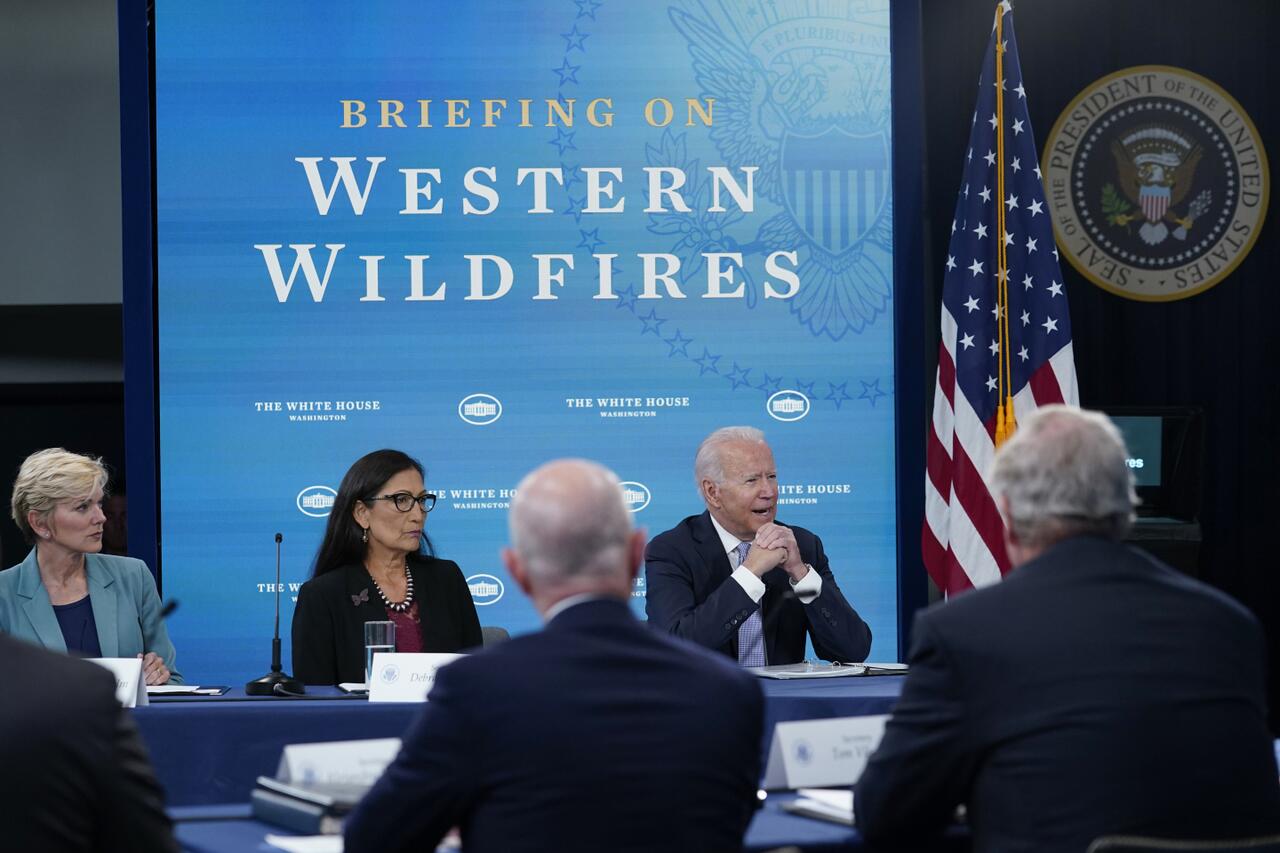Commodities
Complete failure of Washington energy policy in the Middle East

Riyadh wants OPEC+ to reduce oil production as part of the Washington energy policy to prevent oil prices from falling and stabilize oil markets that have fallen into “schizophrenia.
Participants in the OPEC+ agreement increased oil production by 648,000 barrels a day in July and August. Amos Hochstein, a senior adviser to the State Department on energy security, said on the eve of the OPEC+ summit on August 3that he was expecting the oil ministers’ meeting to be optimistic and that it was expected to increase oil production by at least 500,000 barrels per day. However, the participants of the August summit unexpectedly increased production for the first month of autumn by only 100 thousand barrels per day.
US energy policy 2022
The White House has started talking about the failure of the US energy policy 2022 in the Middle East. According to the Wall Street Journal, another proof of another failure of US diplomacy in the region was the statement by Saudi Arabia’s energy minister, Prince Abdulaziz bin Salman. On August 22, he advised the participants of the OPEC+ agreement not to increase oil production in September but instead to cut it to stabilize the market and prevent further price decreases. Saudi Arabia, OPEC’s informal leader, was supported by several members of the oil cartel who were also ready to cut oil production.
Prices on “black gold” in recent weeks amid falling economic activity, the threat of a recession and increased uncertainty really went down and fell below a hundred dollars per barrel. Despite their rise of $1.3 per barrel after Prince Abdulaziz’s statement, the current price of oil at $98 is 17% lower than the price at the beginning of June.
“OPEC+ has commitments and also has the flexibility and means to overcome such challenges, including reducing oil production,” Prince Abdulaziz said Monday night.
Earlier, we reported that the U.S. set a record for oil and petroleum product exports.
Commodities
Oil prices rise; U.S. crude inventories plunge, Russia-Ukraine truce eyed
Commodities
India’s Reliance to stop buying Venezuelan oil over US tariffs, sources say
Commodities
Oil prices climb on Venezuela supply worries

 Forex3 years ago
Forex3 years agoForex Today: the dollar is gaining strength amid gloomy sentiment at the start of the Fed’s week

 Forex3 years ago
Forex3 years agoUnbiased review of Pocket Option broker

 Forex3 years ago
Forex3 years agoDollar to pound sterling exchange rate today: Pound plummeted to its lowest since 1985

 Forex3 years ago
Forex3 years agoHow is the Australian dollar doing today?

 Cryptocurrency3 years ago
Cryptocurrency3 years agoWhat happened in the crypto market – current events today

 World3 years ago
World3 years agoWhy are modern video games an art form?

 Commodities3 years ago
Commodities3 years agoCopper continues to fall in price on expectations of lower demand in China

 Economy3 years ago
Economy3 years agoCrude oil tankers double in price due to EU anti-Russian sanctions

























